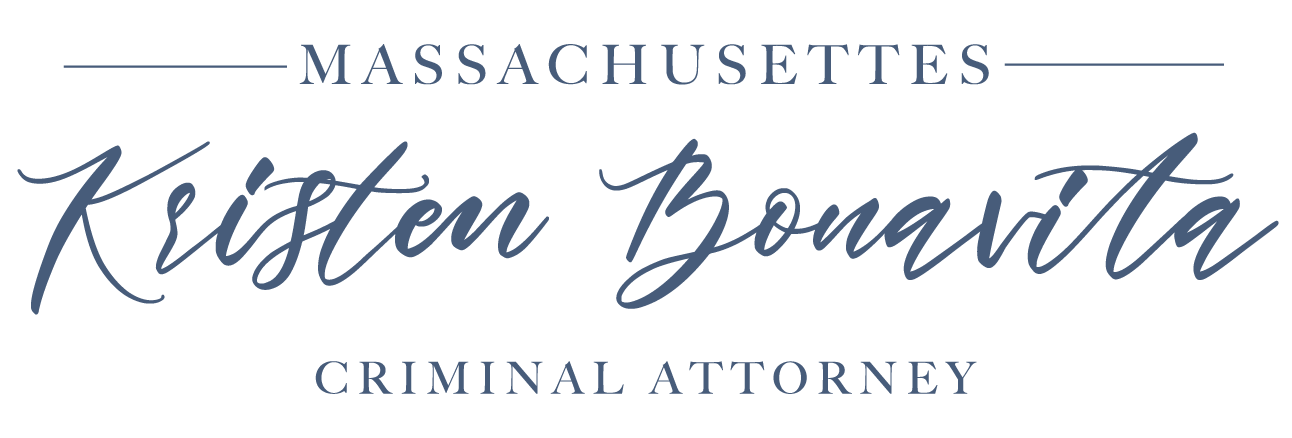The crime of larceny by embezzlement in Massachusetts is another theft crime prohibited under Massachusetts General Laws Chapter 266 Section 30. That statute makes it a crime to embezzle the property of another person with the intent to convert that property whether or not that property is in the thief’s possession at the time of the conversion.
To prove you guilty of larceny by embezzlement in Massachusetts the prosecution must prove three things to a judge or a jury beyond a reasonable doubt.
- That while in a position of trust of confidence you were entrusted with possession of personal property belonging to someone else;
- That you took that property, or that you hid that property or that you somehow converted it to your own use without the owner’s consent to do so;
- That you did so with the intention of permanently depriving the owner of his property.
In order for you to be found guilty of embezzlement it is not necessary that you personally benefited from the conversion of the property. Conversion requires the exercise of dominion or control over the personal property of another. The fact that you intended to repay the misappropriated personal property is not a defense to embezzlement. The offense requires only an adverse holding or use of someone’s personal property. In essence, embezzlement in Massachusetts is the honest receipt of funds later fraudulently converted.
Embezzlement in Massachusetts in just one of many theft crimes that falls under the umbrella of larceny. These cases are most often prosecuted in the district courts. An exception might be where the amount of property embezzled is excessive or where the embezzlement has been charge in connection with more serious crimes. There are many ways to resolve embezzlement cases and other theft crimes in Massachusetts. You can go to trial plea bargain or file motions that might result in a dismissal of the charges.
If you are facing charges for Embezzlement, Larceny, or Grand Larceny in Newburyport, Salem, Boston, Amesbury, Salisbury, Lawrence, Ipswich, or any town in the Essex, Suffolk, or Middlesex counties in Massachusetts, call Criminal Attorney Bonavita immediately at
978-376-6746 or
email her with your case information!
